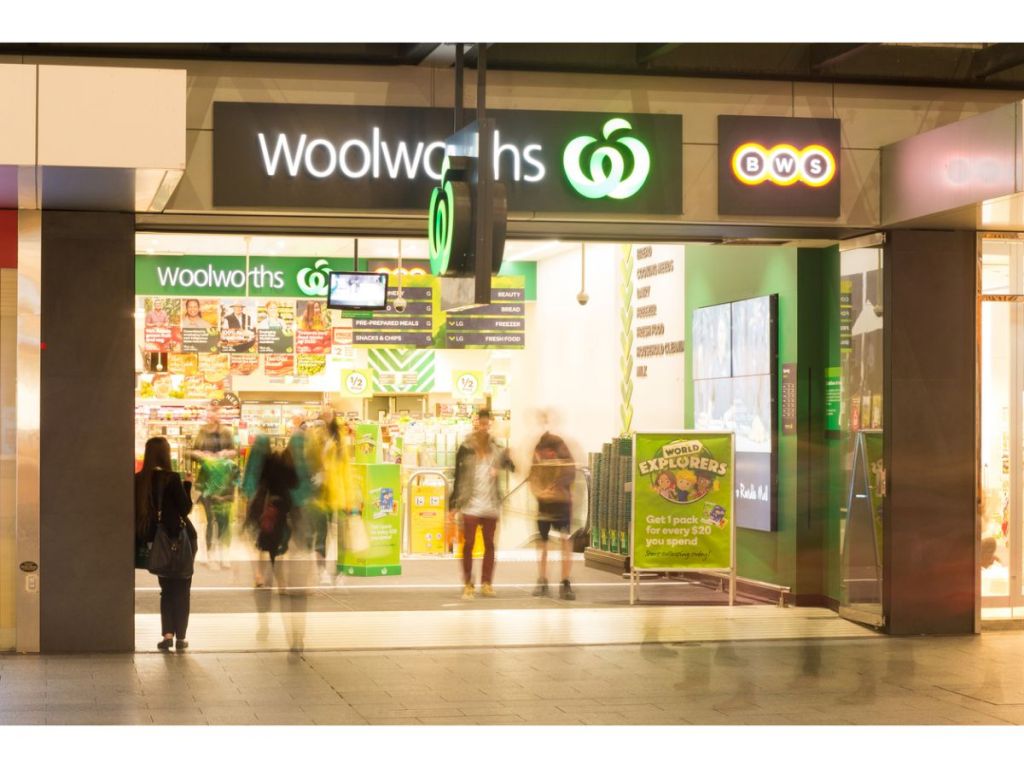Panic buying wasn’t enough to lift Woolworths profits, with the retailer reporting a decline for FY20.
The retailer was down 1.2% on FY19, recording a profit of $1.6 billion in its 2020 Annual Report. This is despite its retail business experiencing a bumper year, with sales of $63.7 billion, up 8.1% and strong sales growth compared to the previous year in all businesses bar hotels, which was negatively impacted by the closure of hotels due to pandemic restrictions. This, however, also drove up online sales which experienced a 41.8% surge on FY19.
The retailer also recorded $591 in losses, split between its $176 million supply chain transformation, $230 Endeavour Group transformation and $185 million in costs associated with staff underpayments.
Woolworths’ Ooshies collectables range helped drive FY20 first half sales up 6.4%, while panic buying and an increase in consumers eating at home helped lift sales 10.4% in the second half.
The retailer also reported the pandemic had impacted its Metro Food Stores due to reduced foot traffic across CBDs and transport hubs. This grew 5.1% to $943 million, while its comparable sales declined by 50%. However the decrease in commuters also lifted Metro Neighbourhood stores, as consumers stuck close to home.
Consumers were also shopping less, with a 1.8% drop in comparable transactions, however when they did, they were buying more, with a 5.8% increase in the number of items per basket. BIG W also performed strongly, particularly in Q4 which saw a 181% jump in online sales.
CEO Brad Banducci said the year had been one of significant ups and downs,
“Trading in the second quarter was more challenging, impacted by a full change agenda, including a new customer operating model in Woolworths Supermarkets, the salaried team members pay review, the effects of the severe drought and the early stages of the bushfires. Despite this, we closed the first half with good momentum, with all businesses delivering positive sales and earnings growth with H1 Group EBIT from continuing operations before significant items of 11.4%1,” he said.
Mr Banducci also noted while drinks sales surged in Q3, the closure of on-premises venues had negatively impacted earnings.
“Despite the increase in sales in all businesses other than Hotels, COVID-19 had a broader impact on the Group’s financial performance in F20. The closure of Hotels for much of the last four months of the financial year led to a material decline in its H2 EBIT compared to the prior year. However, this was partially offset by EBIT growth across other businesses due to higher sales growth despite materially higher costs of customer and team safety in H2.”

